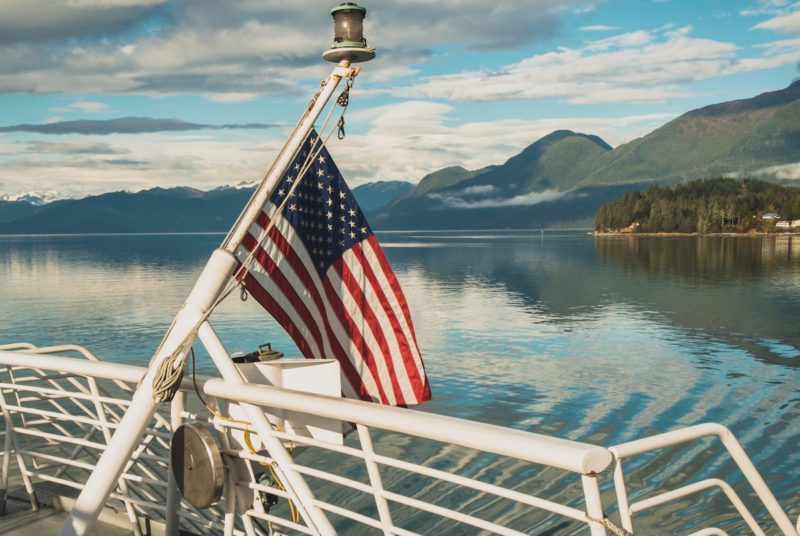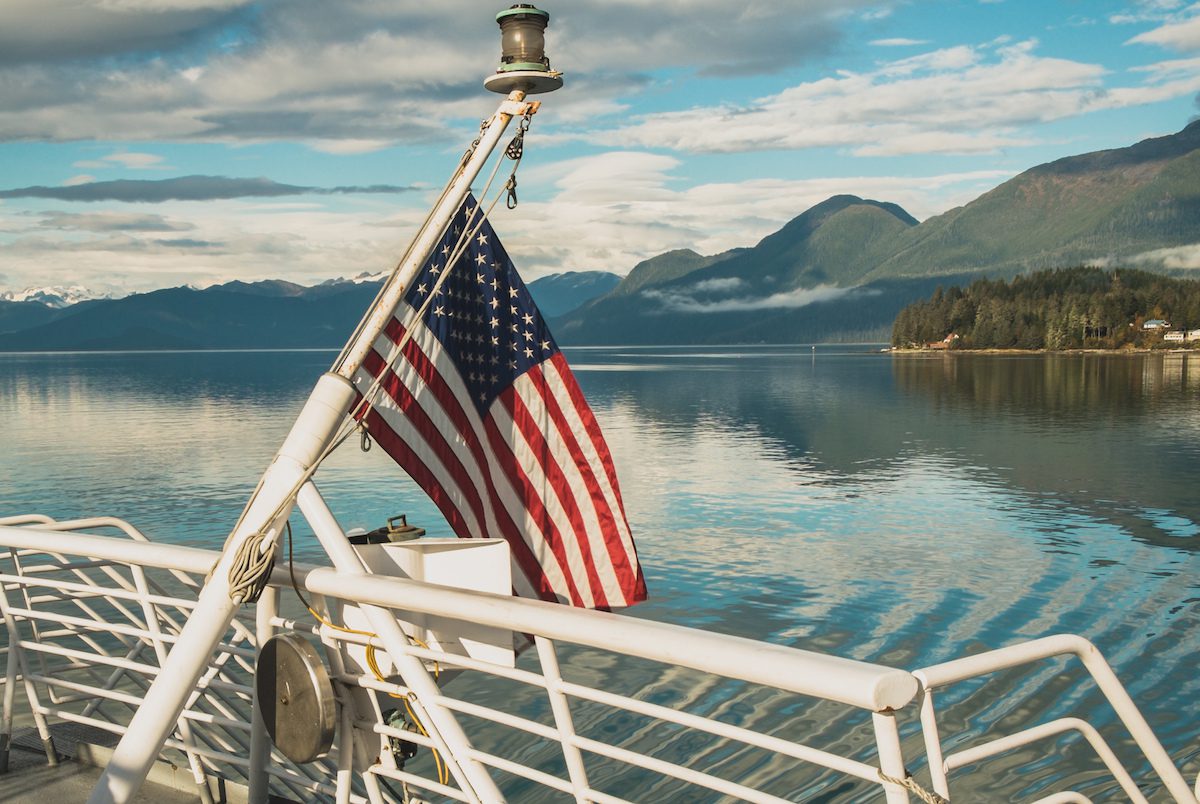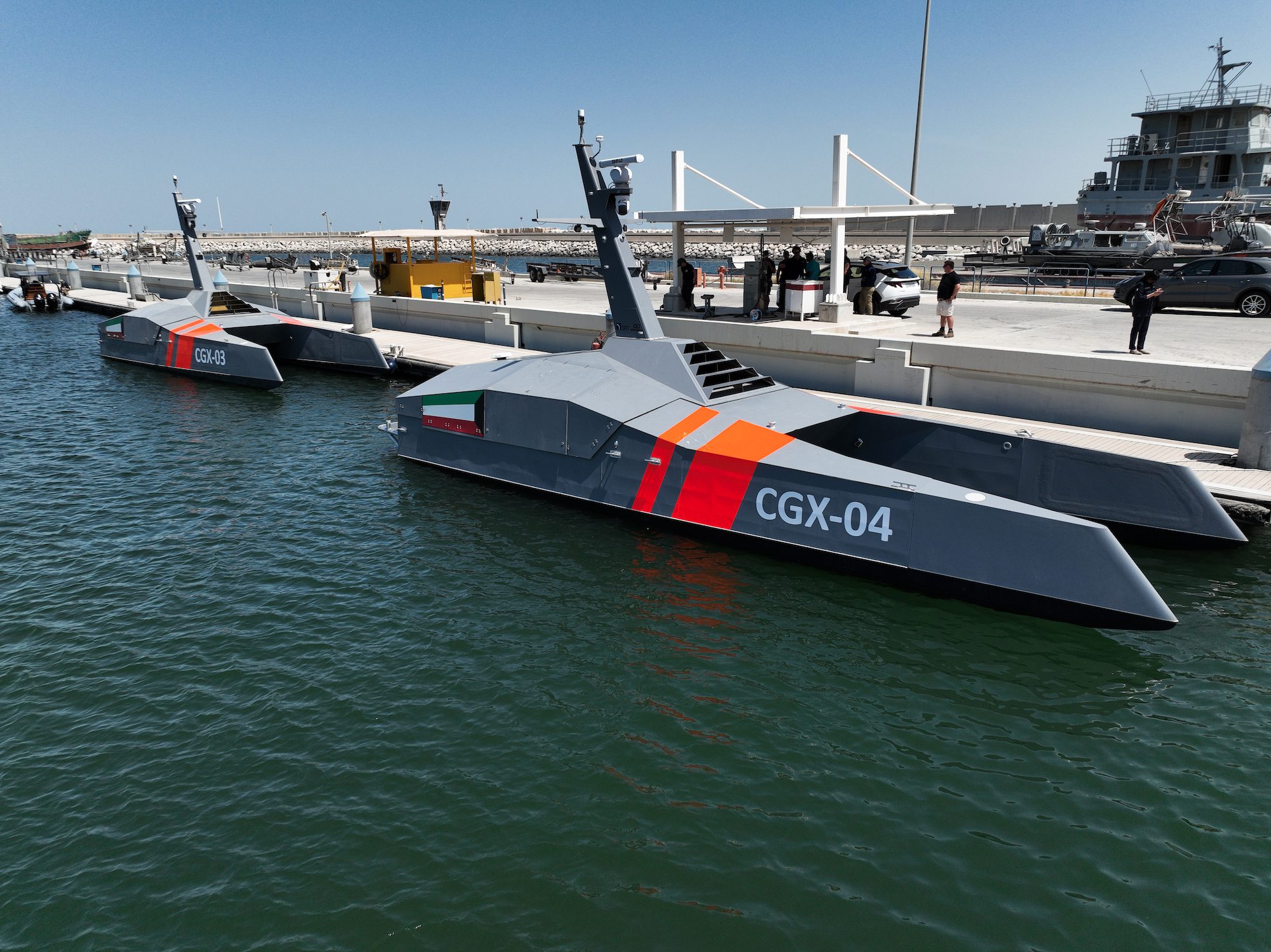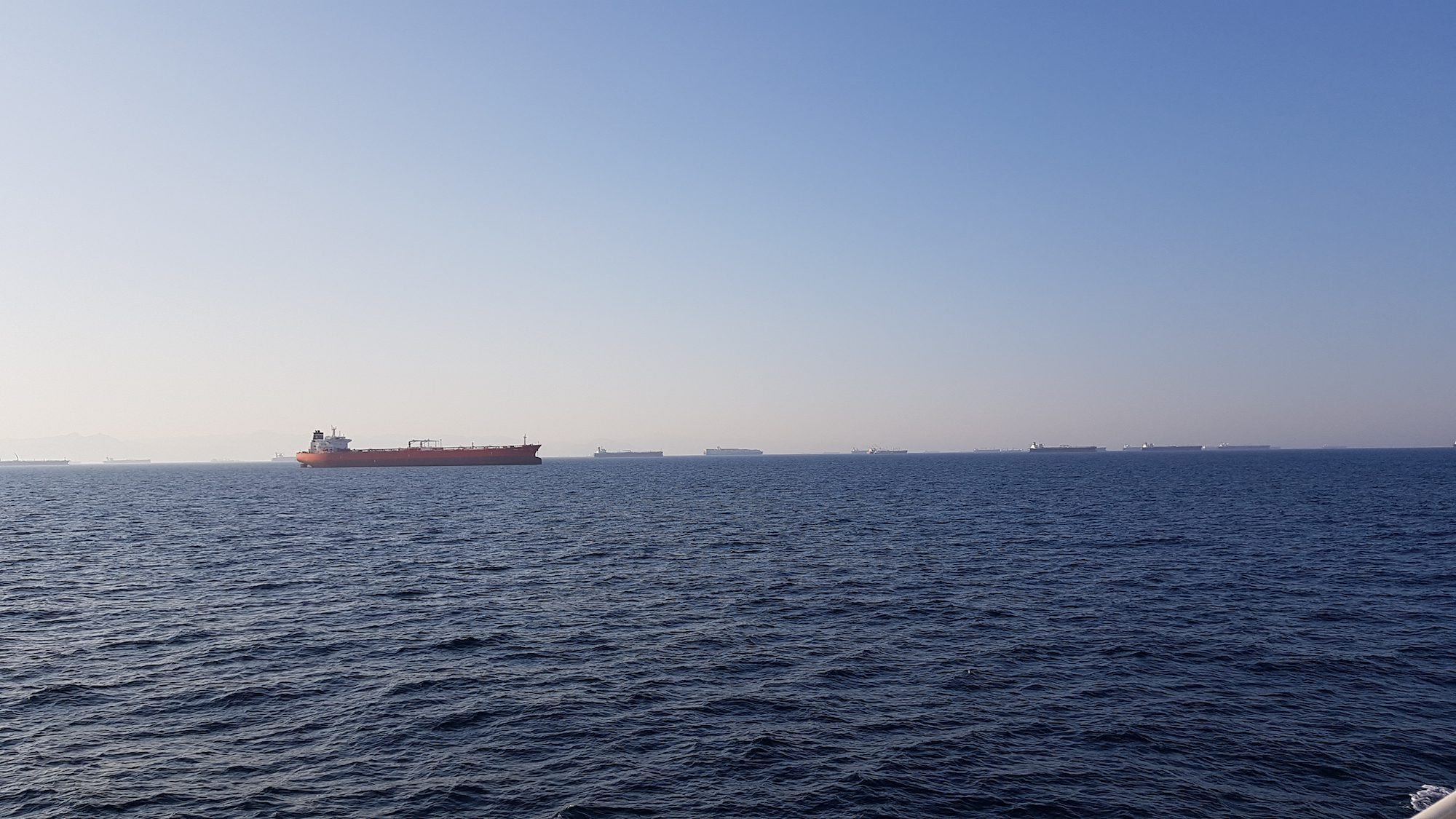
by Salvatore R. Mercogliano (Editorial) Opponents of the American Maritime Industry and the Merchant Marine Act of 1920, known as the Jones Act, have new ammunition in their assault against this sector and legislation and it is Congressman Duncan Hunter. There is absolutely no defense for the actions taken by Congressman Hunter and he should be made accountable. However, his actions are not the responsibility of the American merchant marine or maritime sector.
Many members of Congress are supporters for industries in their districts, and once again, those in opposition to the Jones Act, the editorial boards of many business journals, the CATO Institute, American Enterprise Institute and the Heritage Foundation have used events since Hurricane Maria last year, to the present attacks against the Jones Act. In their assaults, which are many, they fail to examine both sides of the issue.
In a recent editorial published by gCaptain titled Opinion: Duncan Hunter’s Real Crime Is the Jones Act – James Gibney ran through a litany of issues without discussing the counter views.
Gibney’s first point highlighted the decline in coastal commerce and the US shipbuilding industry. In this, he is correct, in both areas the United States maritime sector is falling, in terms of the amount of cargo shipped and the number of vessels in operation. What he fails to note is the following, when the Jones Act was enacted in 1920, the world’s commerce sailed in fleets from the major nations of the world, such as Great Britain, the United States, Norway, France, Germany, and Japan.
When the act was affirmed in 1936, the situation was similar. It was only after the Second World War with the introduction of open registries, that the world witnessed the emergence of “flags of conveniences”. Today, Panama, Liberia, and the Marshall Islands account for 70 percent of the world’s 93,161 ships sailing upon the seas. World trade has expanded twenty-fold from one-half billion tons in 1950 to 10 billion tons in 2016. The United States ranks as 20th in terms of vessels of over 100 gross tons. The largest registry held by a state that is not a FOC, it is that of China, when Hong Kong and China’s fleet are combined equate to second in the world.
Another point is the US economy has quadrupled since 1960, but the amount of freight transported has fallen by half. Again, historical perspective is important because what happened in the United States around this time was the construction of the interstate highway system, the introduction of commercial airlines which freed up space on railines, and a myriad of pipelines, including the Colonial Pipeline, that alleviated the need for a vast majority of the US coastal fleet.
During most of its history, the United States relied on its coastal fleet to fill in when needed in times of conflict, such as the Spanish-American War, World War One, and World War Two. With the elimination of cargo, larger shipping firms shifted to smaller vessels and specially select cargoes.
A favorite target for opponents of the Jones Act is the fleet of ships held by the government for use in time of war, the Ready Reserve Force. Of note is that many of the ships in the RRF are foreign-built. Created in 1977, the vast majority of the ships that have served in the RRF were American-built, American-flagged, and crewed by Americans. Today, the type of ship most needed in the RRF are roll-on/roll-off ships and those type of vessels were never a large portion of the American merchant marine, or many others. Hence, when the government sought to acquire ships for the use of the military it purchased all the American-flagged ships possible and then sought ro/ros from the foreign market. Notwithstanding, the government did build fifteen, and convert five, others in American yards during the late 1990s and early 2000s for use by the Military Sealift Command.
The energy sector is another favorite target, in particular the export of LNG, and the citation that no LNGs have been built in the US since the 1970s. In which case, how many refineries have been built in the US since the 1970s, or steel plants, or other large manufacturing sites? This is not a shipping issue but an American industrial and regulatory one. Also, the export of LNG does not have to be in Jones Act compliant ships. The issue is the guarantee and profitability of cargo. Cargo preference, the assured shipment of American food aid, for example, has come under attack and the amount has been curtailed from 75 to 50 percent. What guarantees would an American shipping company have for the operation of their ship if the US cannot ensure a commitment of the nation toward exporting a percentage of its own energy?
To place the Jones Act into perspective, one has to go back to why the law was passed in the first place. In the wake of the First World War, the United States found itself under attack. Not by submarines, that would come later, but by economic warfare. When the world went to war in the summer of 1914, and the United States proclaimed neutrality, the vast majority of the world’s merchant fleet, 92 percent was owned by nations other than us. As British, French, Italian, and Japanese ships withdrew from American service, and German ships fled to American ports for refuge, American goods accumulated in the ports and docks of the nation. To ship America’s greatest export, cotton, the price to move a hundred pounds jumped from $0.35 to $6.10. To ship oil went from $4 per ton to $50, and to lease a ship exploded from $1 a month per deadweight ton to $20. As both the British and German’s initiated blockades, American goods became the targets for impound or destruction.
The nation found itself at the mercy of foreign shipping entities. The Shipping Act of 1916 sought to ensure that the United States had a merchant marine capable of transporting the goods for the nation, with ships built in the nation. The act became critical to Allied success when the US entered the war in 1917 and many ships built by the US Shipping Board carried over the goods, troops, and cargoes for the nation and its allies.
This was repeated in the years prior to the Second World War with the Merchant Marine Act of 1936 that set out to construct 500 merchant ships in ten years. This work, in American yards, for American workers, and American mariners ensured that when the nation needed to pass the Two Ocean Navy Act in 1940, the infrastructure was in place to defeat the Axis. Of the first 50 ships built by the Maritime Commission, out of a total of 5,777, thirty-seven were taken over by the Navy and Army.
In the amphibious fleets that placed American marines and soldiers ashore at Guadalcanal and North Africa in 1942, the entire force was composed of ships taken up from the American merchant marine or under construction under the Merchant Marine Act of 1936. When the Second World War ended, the United States used its merchant fleet to rebuild the fleets of the world with the Ship Sales Act of 1946, predating the Marshall Plan by three years. This good will, ensured positive American relations, but opened the door to global competition upon the seas controlled and dominated by the United States Navy, unique in global history.
Why then does the United States still need the provision of an act passed nearly a century ago today? Just because an act is old, does not mean it is still not relevant, after all the Constitution is 231 years old and still seems applicable. What does a repeal of the Jones Act mean for the nation?
Well, foreign built vessels, registered in foreign nations, and with foreign crews could travel from American port to American port, along rivers, moving goods, resources, and people. If this was applicable to shipping, why not airlines, trucking companies, and railroads? While we do have foreign built aircraft and trucks operating in the United States, foreign airlines and freight companies are not allowed to operate within the confines of the nation.
The Jones Act ensures that the United States maintains its capability to be a true maritime power. While there is no denying the ability of the nation to project its naval forces, but without a merchant marine and ships in the reserve fleet, how does one move the army? Could the US field forces to fight terrorism, or counter the invasion of an ally, or fight wars similar to Korea, Vietnam, and Iraq without the commercial maritime capability guaranteed by the Jones Act? While Jones Act vessels may not be withdrawn from the coastal trade, out of 182 ships over 1,000 gross tons in the American merchant marine only 99 are Jones Act eligible, the crews and replacements for those vessels are essential for the reserve vessels held in the RRF and by the Military Sealift Command. If the United States intends to remain a true maritime power, it must do so both militarily and commercially.
Is the system perfect, ideal, or even functioning now, NO!
In the case of shipbuilding, 92 percent of the world’s fleet is constructed in China, South Korea, and Japan, why? It is not solely because of lower wages but due to government interventions in the industry that offset costs. Shipping is an expensive industry that requires large up-front expenses with a slow return in investment.
While many critics look at the industry and blame the decline for the industry on the Jones Act, in truth, without the Jones Act, the American maritime industry would not exist, and the United States would find itself in a position worse than it was a century ago during the First World War. The recent disruption caused by the collapse of Hanjin Marine would be magnified a hundred-fold should an Asian war develop, and the United States decide to sit it out.
Shipping companies and alliances, particularly those with investments in megaships, would sideline their ships to prevent their loss, or more importantly, offset the higher insurance costs. Once again, American imports and exports would cease moving and the United States would find itself at the mercy of the rest of the world for its economy.
The Jones Act was a hard lesson learned by the nation and it should be remembered for what it foretold, but history has a strange way of repeating itself.

 Join The Club
Join The Club












